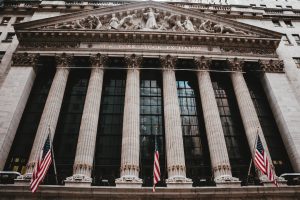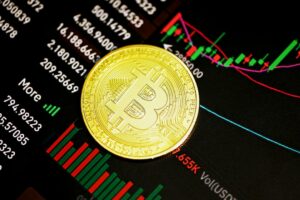Key Forex Information Every Trader Should Know Before Investing
Forex trading, also known as foreign exchange trading, is the largest and most liquid market in the world. It involves buying and selling different currencies with the aim of making a profit. The forex market operates 24 hours a day, five days a week, and trades around $6 trillion every day. With such enormous trading volume and potential for profit, it is no wonder that more and more investors are attracted to the forex market.
However, before diving into forex trading, every trader should be equipped with key information about the market. Understanding these fundamental concepts can help traders make informed decisions, manage risks, and increase their chances of success.
1. Currency Pairs:
Forex trading involves the trading of currency pairs. A currency pair consists of two currencies, with one being the base currency and the other being the quote currency. For example, in the EUR/USD currency pair, EUR is the base currency, and USD is the quote currency. Traders need to understand how different currency pairs behave and the factors that influence their value.
2. Market Participants:
The forex market is made up of various participants, including central banks, commercial banks, hedge funds, corporations, and individual traders. Understanding the role of these participants can help traders analyze market trends and make better trading decisions.
3. Market Hours:
Unlike other financial markets, the forex market operates 24 hours a day, starting from Sunday evening until Friday evening. However, not all hours are equally active. The most liquid and volatile trading sessions occur during the overlap of major financial centers, such as London, New York, and Tokyo. Traders should consider these market hours when planning their trading activities.
4. Leverage and Margin:
Leverage allows traders to control a larger position in the market with a smaller amount of capital. It magnifies both profits and losses. Margin, on the other hand, is the amount of money required to open a trade. Traders should understand the risks associated with leverage and margin trading and use them responsibly.
5. Risk Management:
Successful forex traders prioritize risk management. This includes setting a stop-loss order to limit potential losses, diversifying their portfolio, and avoiding emotional decision-making. Traders should never risk more than they can afford to lose and should have a solid risk management strategy in place.
6. Fundamental and Technical Analysis:
Forex traders use two main types of analysis to make trading decisions: fundamental analysis and technical analysis. Fundamental analysis involves studying economic indicators, news, and geopolitical events to understand the underlying factors affecting currency values. Technical analysis, on the other hand, involves analyzing historical price patterns and using various technical indicators to predict future price movements.
7. Trading Strategies:
There are numerous trading strategies available to forex traders, such as trend following, breakout trading, and range trading. Each strategy has its own set of rules and indicators. Traders should choose a strategy that suits their trading style and risk tolerance and thoroughly backtest it before implementing it in live trading.
8. Trading Platforms and Tools:
Forex traders need a reliable trading platform to execute their trades. Most brokers offer their own trading platforms, which come with various tools and features for technical analysis. Traders should choose a platform that is user-friendly, secure, and provides access to real-time market data.
9. Economic Calendar:
An economic calendar is an essential tool for forex traders. It provides information about upcoming economic events, such as central bank meetings, economic data releases, and political announcements. These events can have a significant impact on currency values, and traders need to stay informed to avoid unexpected market movements.
10. Continuous Learning:
Forex trading is a dynamic market, and traders need to continuously update their knowledge and skills. There are numerous educational resources available, including books, online courses, webinars, and forums. Traders should invest time in learning and improving their trading strategies to stay ahead in the ever-changing forex market.
In conclusion, forex trading can be a lucrative endeavor for those who have a deep understanding of the market. By familiarizing themselves with key forex information, traders can make informed decisions, manage risks effectively, and increase their chances of success. It is crucial to approach forex trading with patience, discipline, and continuous learning to navigate this complex yet rewarding market.





